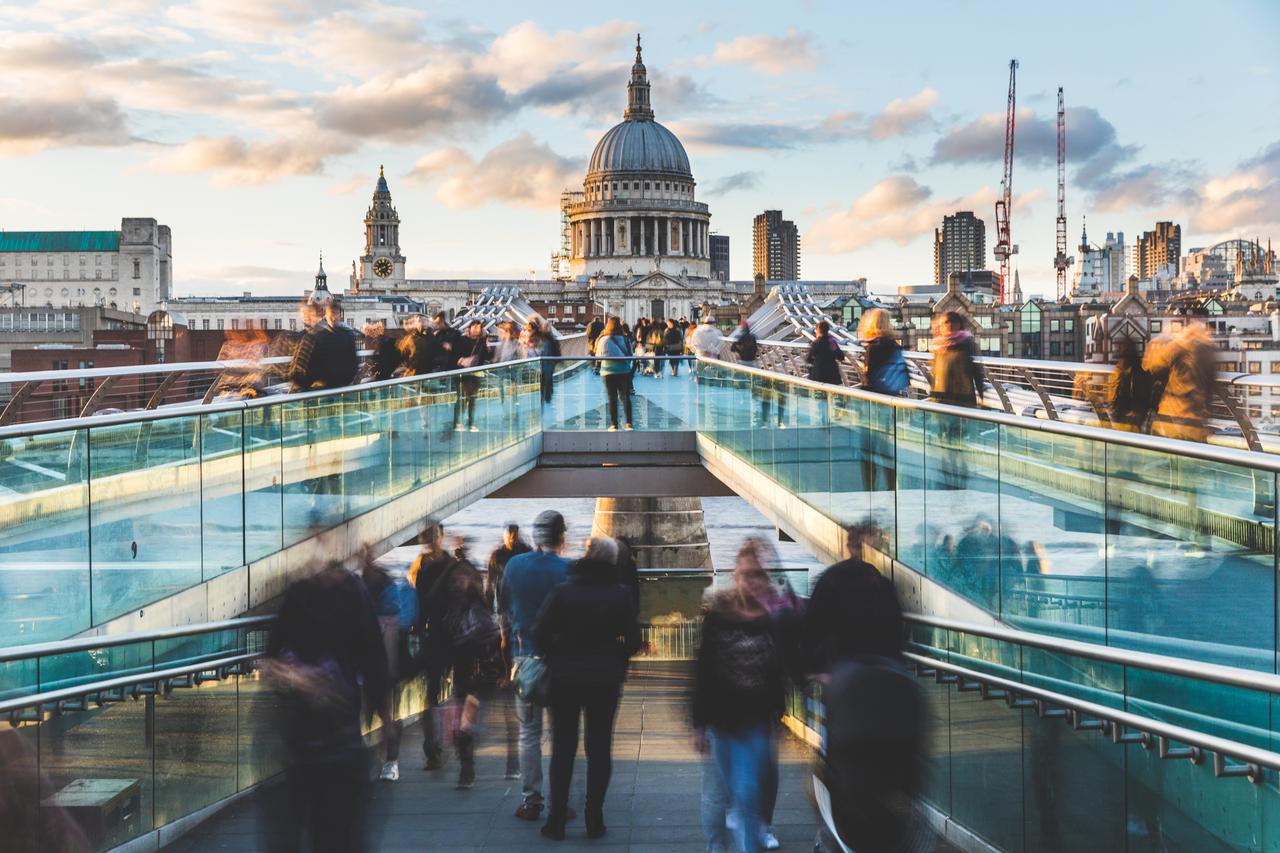
For the second year in a row, “Muhammad” has come out on top of the charts as the most popular baby boy name in England and Wales, official figures from the Office for National Statistics (ONS) have shown.
5,721 newborn boys were named this way in 2024, a 23% rise over last year and further increased its lead over the second and third placed “Noah”, and “Oliver”.
The name Muhammad, meaning “praiseworthy” in Arabic is also revered due to of its association with the Prophet Muhammad (peace be upon him), founder of Islam. Even though this particular spelling only became the number one spelling in 2023, its overall presence in British naming is old, old news.
When combined with other popular spellings, such as “Mohammed” and “Mohammad”, it has consistently ranked among the most chosen boys’ names for more than a decade.
In 2024, “Mohammed” ranked 21st and “Mohammad” 53rd, underscoring the widespread popularity of the name across different communities.
The most recent ONS records indicate that Muhammad is the most popular boys name in five of the nine regions in England, North West, Yorkshire and The Humber, West Midlands, London, and East Midlands.
It also ranked among the top ten in the south East and East of England. The “Muhammed” variation also occurred in the top ten of some regions such as London and West Midlands, demonstrating a regional level of consistency as well as the effect of local cultural demographic.
There is also an observed increment in other Muslim origin boys names. The name Yusuf reached 68th place, Musa 73rd, Ibrahim 76th and Yahya entered the top level 100 in the 93rd place. Islamic names of girls also took a toll: including “Layla” (56 th ), “Maryam” (57 th ), “Zara” (69 th ), and “Fatima” (77 th ). This fact is part of the overall trend of cultural diversity in names.
Within Muslim communities, the news has been received with pride and a sense of cultural affirmation. Naming a child after the Prophet is seen not only as an act of devotion but also as a way to maintain a direct link to religious heritage.
Dr. Aisha Rahman, a sociologist specializing in British Muslim identity, noted that such naming traditions are a cornerstone of cultural continuity: “The rise in the name Muhammad is about more than just numbers, it reflects a commitment to passing on faith, values, and identity to the next generation.”
For many Muslim families, choosing a name is as much a spiritual decision as it is a personal one. Parents often see it as a blessing for their child, believing that the name carries with it qualities of integrity, compassion, and leadership.
Among non-Muslim communities, reactions have been largely neutral, with most viewing the data as a straightforward reflection of Britain’s evolving demographics rather than a symbolic shift.
Commentators on British social life point out that baby name trends have always mirrored cultural changes, whether influenced by royal births, celebrities, or immigration patterns. The rise of Muhammad is now part of that broader narrative, illustrating how multiculturalism has shaped modern Britain.
The prominence of Muhammad in naming statistics highlights the increasing visibility of Muslim heritage in everyday British life. England and Wales have become home to a growing and diverse Muslim population, 3.9 million people in the 2021 Census, accounting for 6.5 percent of the population. This demographic presence is now clearly reflected in cultural markers such as naming.
Over the past century, naming fashions have shifted dramatically. Where once biblical and royal names such as George, William, and James dominated, modern Britain has embraced a far wider range of influences. This trend signals an evolving national identity, one that reflects a mosaic of heritages rather than a single cultural thread.
For younger generations growing up in Britain today, names like Muhammad, Maryam, and Ibrahim are no longer perceived as unusual or foreign. They are part of the country’s shared social fabric, heard in classrooms, sports teams, and workplaces across the country.
Demographers predict that the popularity of Muhammad and other culturally diverse names will continue to grow in the coming years. Factors such as higher birth rates within certain communities, combined with ongoing immigration, suggest that the trend is unlikely to reverse.
In the longer term, this shift could have broader social implications. As names of non-European origin become more familiar in mainstream culture, they may help foster greater inclusivity and reduce biases associated with “foreign-sounding” names. This process, sometimes described as “normalization”, can subtly influence how society perceives identity and belonging.
However, as with any change in cultural patterns, there may also be pockets of resistance. Some voices may frame the trend as a departure from “traditional” British naming customs.
Yet, Britain’s naming history itself reveals a long tradition of change, from the Norman influence in medieval times to the adoption of biblical names during the Reformation, and later, the Victorian fascination with classical and literary names.
Today’s multicultural naming trends are simply the latest chapter in this ongoing story.